In Asheville, like in the rest of the United States, navigating the complexities of bankruptcy laws can be a daunting task. At Pitts, Hay & Hugenschmidt, we understand the challenges that come with facing financial difficulties. This comprehensive guide is designed to provide Asheville residents with a clear understanding of bankruptcy laws, offering insight into how to navigate these turbulent waters with confidence and clarity.
Understanding Bankruptcy: A Fresh Start
Bankruptcy laws in the United States are designed to offer individuals and businesses a chance to reset their financial status, providing a pathway out of insurmountable debt. It’s a powerful tool that, when used wisely, can pave the way to financial recovery and stability.
Chapter 7 vs. Chapter 13 Bankruptcy
The two most common forms of bankruptcy for individuals are Chapter 7 and Chapter 13. Understanding the differences between these two can help you make an informed decision about which path is right for your situation.
Chapter 7: Liquidation Bankruptcy
Chapter 7 bankruptcy, often referred to as liquidation bankruptcy, allows for the discharge of most unsecured debts. This means that credit card debt, medical bills, and personal loans can potentially be wiped out. In a Chapter 7 case, a bankruptcy trustee may liquidate non-exempt assets to pay creditors, but many of our clients are surprised to find that they do not actually lose any of their possessions due to the protections offered by bankruptcy exemptions.
Chapter 13: Reorganization Bankruptcy
Chapter 13 bankruptcy, on the other hand, is designed for individuals who have a regular income and wish to keep their property. It allows for the reorganization of debts into a manageable repayment plan, typically spanning three to five years. This option can stop foreclosure, allow you to catch up on missed mortgage or car payments, and significantly reduce the total debt owed.
The Bankruptcy Process: What to Expect
Navigating the bankruptcy process can be complex, but with the right guidance, it’s entirely manageable. Here’s a broad overview of what to expect:
- Pre-Bankruptcy Counseling: Before filing, you’ll need to complete a credit counseling course from an approved agency. This step is designed to ensure you understand all of your options.
- Filing Your Petition: The bankruptcy process officially begins when you file your petition with the bankruptcy court. This document includes detailed information about your debts, assets, income, and expenses.
- The Automatic Stay: Upon filing, an automatic stay goes into effect, halting most collection activities against you. This means creditors must stop harassing calls, wage garnishments, and any legal actions they might be taking to collect debts.
- Bankruptcy Trustee and Meeting of Creditors: After filing, a bankruptcy trustee will be appointed to your case. You will also be required to attend a meeting of creditors, where the trustee and any interested creditors can ask you questions about your financial situation and the documents you filed.
- Discharge: In a Chapter 7 case, debts are typically discharged a few months after filing. In Chapter 13, the discharge occurs after the completion of the repayment plan.
The Role of Pitts, Hay & Hugenschmidt in Your Bankruptcy Case
At Pitts, Hay & Hugenschmidt, our team of experienced bankruptcy attorneys is here to guide you through every step of the bankruptcy process. From the initial consultation to the final discharge of debts, we’re committed to providing personalized legal counsel tailored to your unique financial situation.
Initial Consultation
Our process begins with an in-depth consultation to assess your financial situation and discuss your options. We’ll help you understand the differences between Chapter 7 and Chapter 13 bankruptcy and decide which path is right for you.
Preparing Your Case
Once you’ve decided to proceed, we’ll work with you to gather the necessary documentation and prepare your bankruptcy petition. Our team will ensure that your filing complies with all applicable laws and maximizes the protection of your assets.
Navigating the Process
Throughout the bankruptcy process, we’ll represent you at all necessary hearings and meetings, including the meeting of creditors. We’ll also be available to answer any questions you have along the way, ensuring you understand each step and what to expect next.
Post-Bankruptcy Support
After your bankruptcy is complete, our support doesn’t end. We offer guidance on rebuilding your credit and managing your finances post-bankruptcy, helping you make the most of your fresh start.
Conclusion
Facing financial difficulties can be overwhelming, but you don’t have to navigate this challenging time alone. At Pitts, Hay & Hugenschmidt, we’re dedicated to helping Asheville residents understand their rights and options under bankruptcy laws. With our experienced team by your side, you can find a pathway to financial stability and peace of mind. Contact us today to schedule your initial consultation and take the first step towards reclaiming your financial future.




